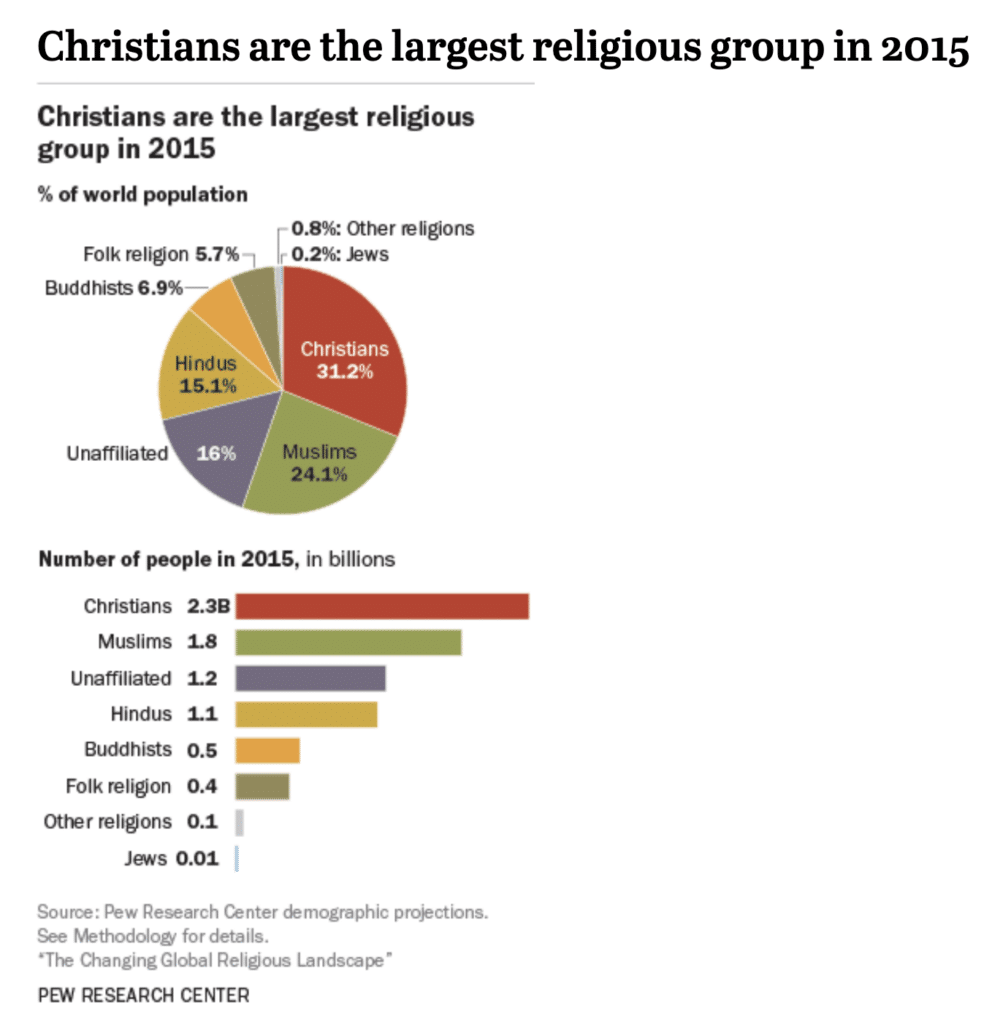Are Christians in Israel under attack? Prime Minister Benjamin Netanyahu has long touted Israel’s commitment to religious freedom, saying in 2018:
“If you are a Christian in the Middle East, there’s only one place where you are safe. There’s only one place where the Christian community is growing, thriving, prospering. That’s in the State of Israel.”
But lately, Israel’s Christians are telling a different story, and the wider Christian community is beginning to take notice.
Here’s what happened: Last month, United Torah Judaism MKs Moshe Gafni and Yaakov Asher introduced a bill that would punish proselytizers with up to two years in jail.
Although the legislation would apply to any proselytizer — anyone who tries to convert others to their religion — it specifically singles out “missionary groups, mainly Christians.”
The bill never advanced, but it provoked a significant outcry from the evangelical Christian community after an evangelical Christian news site reported on the story.
“We will not advance any bill against the Christian community,” Prime Minister Netanyahu, who has long cultivated strong relationships with the evangelical community, tweeted in both English and Hebrew, seeking to reassure his Christian allies.
Meanwhile, Gafni and Asher, the bill’s sponsors, insisted that they introduced the bill as a procedural matter, as they had done in the past, and had no expectation it would advance.
So, this week, we decided to explore something a little different, and ask: is this really an attack on Christianity?
Proselytizing in Christianity and Judaism
Historically, Christianity has often been a proselytizing religion. The New Testament (Matthew 28:19) states that Christians should “Go into all the world and make disciples of every nation.”
Seeking converts is a part of the Christian religion, so it’s not an accident that a breakdown of the world’s religions looks like this:

What about Judaism? On a technical level, the Torah neither explicitly forbids or endorses proselytization. But you won’t see Jews handing out pamphlets in the streets, trying to convince non-Jews to join the party.
Part of the reason why is that Jews have historically had difficult experiences with Christians attempting to convert them, going back to the earliest days of Christianity.
What are Jews’ historical experiences with Christian evangelism?
Although Christianity began as an offshoot of Judaism, as Jesus’ followers sought converts, they gradually stopped observing Jewish laws such as observing Shabbat, keeping kosher and circumcising their 8-day-old baby boys.
By 323 C.E., Christianity was very much its own religion, utterly distinct from its roots. It was also the state religion of the Roman Empire — and that is where the trouble really started.
The emperor Constantine implemented a range of anti-Jewish measures. By the fourth century, Jews had endured centuries of exile from their homeland and had become minorities everywhere they resided, with no institutional power.
In their zeal to convert others, Christians were not always “gentle” in their approach. In fact, things got so dire that the seventh-century Pope Gregory the First even proclaimed that conversions should be sincere, made out of desire rather than duress.
Gregory himself tried to “kill them with kindness,” enticing Jews to convert to Christianity by offering tax breaks.
But somehow, over the centuries, a lot of Christian countries conveniently lost Gregory’s memo. There was a wave of forced conversions in the seventh century, and another in the 10th century, not to mention the rampant forced baptisms during the Crusades.
There were also the anti-Jewish riots of 1391, which touched off the Spanish Inquisition a century later.
How does all of this relate to the anti-proselytization bill in the Knesset? Throughout history, Jewish people have been confronted with the distressing choice of either converting or facing severe consequences.
Understandably, then, Jews are sensitive when it comes to Christian evangelism.
However, the current reality is vastly different from any of these historical periods. Today, the Jewish people have their own state and are self-governed, marking the first time in thousands of years that they constitute a majority.
Unfortunately, the timing of this anti-proselytization bill comes on the heels of a string of attacks on Christians in Israel — including Jews vandalizing churches and Christian graveyards and spitting on priests — which is why some Israeli Christians are so worried.
Takeaways:
- Part of having Jewish power is exercising Jewish ethics. The state should always strive to balance its power with its moral responsibility toward minorities. The only way for Israel to live up to its ideals of being Jewish and democratic is to teach the next generation to respect and protect their neighbors’ rights, regardless of religion or ethnicity.
- That respect and understanding cuts both ways. Christians in Israel must understand that Jewish people are profoundly uncomfortable with evangelism, specifically Christian evangelism. For many Jewish Israelis, missionizing isn’t merely a benign inconvenience, but a painful reminder of 2,000 years of suffering that very often happened at the hands of a Christian majority.
- Although the anti-proselytization bill didn’t pass, the Christian outcry against the bill was a wake-up call. It was an important reminder that the Holy City is a shared space, sacred to Jews, Christians and Muslims alike, and ought to remain that way.
